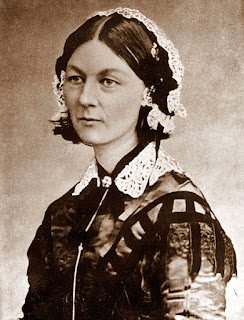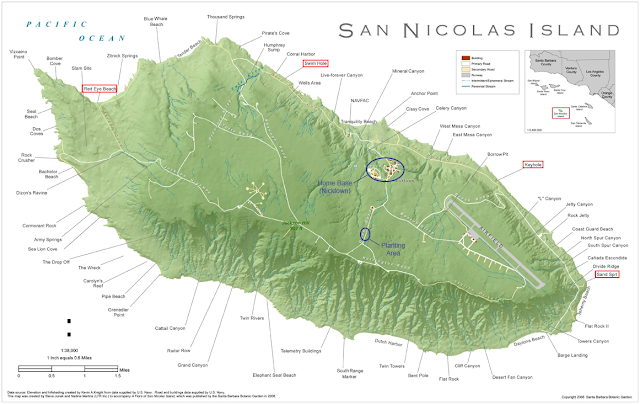The Big Project
Whew! I really needed this weekend. Three days of Leadership Skills training followed by the first day of an audit to renew our Chinese export license will do that to you. I still have Audit Days 2 and 3 coming up tomorrow and Tuesday, but it's been nice to have a break before those came along.
A few weeks ago, I started writing the first of my Mathematical Biographies, the project my publisher pitched to me at last year's California Homeschool Conference. While I was wrapping up The Eyes of the Enemy over the past year, I was also researching mathematicians, trying to find the right mix of people and mathematical ideas. An overarching theme began to emerge as I explored the possibilities, one that came from watching the world around me as much as it did from my research.
I knew I wanted a diverse set of subjects, and my publisher did too. Various news events have convinced me it was the right decision. My current plan covers thirteen subjects over nine books. Of those thirteen, only five are white, straight, Christian men, and of those five, only one is American. And even that doesn't cover the full range of people I'd like to cover, but there's only so much one author can do, especially one who writes as slowly as I do. If I do a good job and the series gets a good reception, maybe I'll do more.
The other idea that took shape fairly quickly has to do with the mathematical subjects I covered. I didn't just want to pick the mathematical basics. I wanted an overarcing theme, one that had a greater significance. And so, the nine books I have planned are all related to mathematical subjects that will be needed in the twenty-first century. I want to introduce kids to the mathematical tools they'll need to work on things like, say, climate change. That means I'll have to find ways of explaining some rather advanced stuff to middle schoolers - but I don't have to teach them how to do it. I just have to give them a taste, to see if any of them are interested enough to explore it on their own. I checked with my publisher on that, and he told me to go for it, so I'm going to give it a shot.
And so, here's my plan. One reason I'm writing it all out here is so I can come back later and see how much the plan changed. That will be interesting.
I've got ideas for more fiction tucked away, including a book that's about one-third of the way done, but this will be my primary writing effort for a while. It should be quite a ride.
A few weeks ago, I started writing the first of my Mathematical Biographies, the project my publisher pitched to me at last year's California Homeschool Conference. While I was wrapping up The Eyes of the Enemy over the past year, I was also researching mathematicians, trying to find the right mix of people and mathematical ideas. An overarching theme began to emerge as I explored the possibilities, one that came from watching the world around me as much as it did from my research.
I knew I wanted a diverse set of subjects, and my publisher did too. Various news events have convinced me it was the right decision. My current plan covers thirteen subjects over nine books. Of those thirteen, only five are white, straight, Christian men, and of those five, only one is American. And even that doesn't cover the full range of people I'd like to cover, but there's only so much one author can do, especially one who writes as slowly as I do. If I do a good job and the series gets a good reception, maybe I'll do more.
The other idea that took shape fairly quickly has to do with the mathematical subjects I covered. I didn't just want to pick the mathematical basics. I wanted an overarcing theme, one that had a greater significance. And so, the nine books I have planned are all related to mathematical subjects that will be needed in the twenty-first century. I want to introduce kids to the mathematical tools they'll need to work on things like, say, climate change. That means I'll have to find ways of explaining some rather advanced stuff to middle schoolers - but I don't have to teach them how to do it. I just have to give them a taste, to see if any of them are interested enough to explore it on their own. I checked with my publisher on that, and he told me to go for it, so I'm going to give it a shot.
And so, here's my plan. One reason I'm writing it all out here is so I can come back later and see how much the plan changed. That will be interesting.
I've got ideas for more fiction tucked away, including a book that's about one-third of the way done, but this will be my primary writing effort for a while. It should be quite a ride.
















Comments